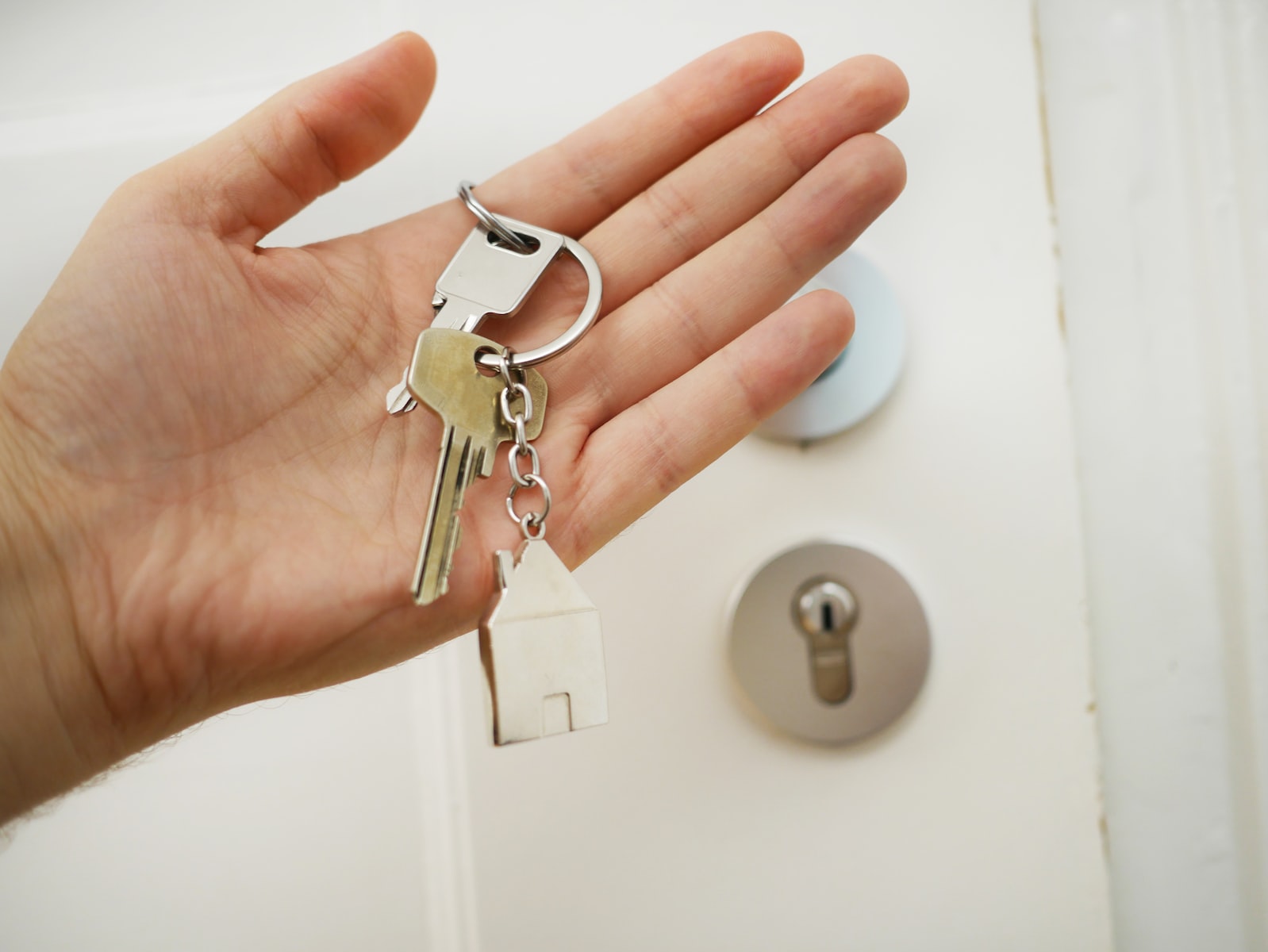Buying an occupied property can be very different from buying a traditional or vacant property. That is why it is important to understand your responsibilities as the owner. This includes what you need to do as a landlord, and what options your tenants have during the process.
What does “occupied property” really mean?
An occupied property is exactly what it sounds like — people are currently living in the property at the point of purchase. These occupants could be previous owners or a tenant who may or may not have a valid lease.
There are rules with occupied properties that you may not have encountered before. It is illegal to enter the property or approach the occupants until after you have closed on the home. That means you will only be able to see the exterior of the property before purchasing.
How do evictions work with occupied properties?
The current occupants may not want to leave once you’ve purchased the property. At this point, you may need to consider eviction, especially if you intend to renovate and rent or fix and flip.
Evictions can be a lengthy process. The landlord must give a vacate notice to tenants before the formal process can even begin. Tenants will need to leave before you can begin any work or attempt to monetize the property. So, you will need to plan for enough time if you are buying a property that comes with existing tenants.
Eviction law can be complex and vary from state to state. Understanding the laws in any state where you own property is very important as a landlord. If you need extra help, a real estate lawyer can help you through the eviction process.
Common questions and answers about occupied properties
We get asked a lot of great questions when our clients are buying their first occupied property. These are some of the questions we hear most often (and their answers):
Will the property be vacant when you purchase it?
The property is often still occupied at the point of purchase.
Whose responsibility is it to evict the tenant (if needed)?
The responsibility to evict will fall on the new owner after closing.
What are some of the hiccups that come with purchasing an occupied property?
You can run into unusual situations with any purchase, and they may vary from state to state.
For example, New Jersey law requires carbon dioxide and smoke certification. One problem — this requires access to the property.
So, the listing agent or seller would need to work with the occupant to gain access and have the inspection completed. If an inspection is not completed in New Jersey, the property cannot change hands.
New Jersey is an exception in this case, but laws such as this one exist in many states. It’s very important to become familiar with the laws and requirements where the property is located before buying a house with existing tenants.
Are you allowed to change the terms of the rental agreement once you become the owner?
It is highly recommended to consult with the proper legal counsel before you take any action. Rental laws can be very different from state to state and even city to city. No matter what, it is important to treat tenants with respect and courtesy.
Who is responsible for repairing past damage?
Auction properties on Xome.com are sold “as is.” This means the new owner must take care of all repair work needed after closing on the property. Remember, repair and occupancy are two leading reasons that occupied properties sell at lower than market value. The savings can often outweigh the headache, elbow grease, and eviction costs.
Occupied properties are popular among investors due to their vast potential. They can be a valuable new investment as a rental, flip, or even full renovation. But as with any real estate investment property, certain risks come with buying a house with existing tenants. Knowing these risks will help protect you from surprises and unexpected costs.
Interested in adding an occupied property to your portfolio? Take a look at what Xome has to offer and filter by occupancy by clicking on More Filters!







